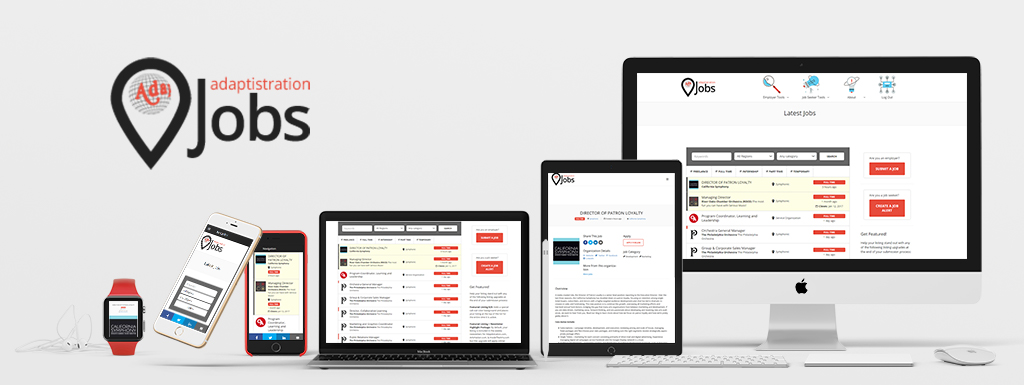Throughout any given season I get a regular stream of messages from musicians and managers asking if they should take an audition or apply for a job at some orchestra. They are all anxious to learn if that particular group is financially stable enough to warrant their attention. Perhaps unsurprisingly, the frequency of these requests over the past several weeks has shot up considerably and now includes concerned messages from employees wondering if there is some way they can tell whether or not their organization is secure…
Unfortunately, there’s no way to provide any sort of guarantee and without conducting an in-depth analysis of any given organization I can’t even provide a reasonable opinion. By their very nature, orchestra finances are typically convoluted enough that trying to formulate any sort of definitive position based on anything other than comprehensive data is a relatively fruitless task. However, there are a few canaries you can take with you when descending into the mine of orchestra finance due diligence ((disclaimer: none of the material in this post should be considered financial advice and is presented as information for your consideration and convenience only.)) :
- Check the list of major donors. If you lived in Houston several years ago, you might have noticed that Enron was listed in the orchestra’s program book as one of their major sponsors. Consequently, when Enron went belly-up, it had an adverse impact on the organization’s financial condition. As such, stay attentive to major corporate sponsors and be attentive to hearing their name in the news.
- Follow the cash flow. Even if one of the organization’s major corporate donors is a company which files for bankruptcy out of the blue, that doesn’t necessary mean any unfulfilled pledges will force an orchestra into hard times. If the orchestra’s line of credit is strong and paid off by the beginning of each season, then that’s usually enough to whether any unexpected gaps in positive revenue (i.e. incoming cash exceeds outgoing cash). Don’t believe the doom and gloom about business not being able to meet payrolls if the congressional bail-out bill isn’t passed; it is just fear mongering.
- Uncover accumulated debt figures: Although most organizations enjoy trumpeting any balanced budget figures, they aren’t as likely to announce accumulated debt; or the money they own from previous seasons where expenditures outpaced revenue.
- Determine how subscription revenue is used: One of the biggest earned-income cash cows for most orchestras is subscription revenue. However, regardless of how well the organization does at selling subscriptions, it won’t do the outfit much good if 100 percent of the revenue is applied to last season’s debts. In a perfect world, all subscription revenue would be applied to current season’s expenses but the business isn’t at that point yet so you’ll need to do some digging to find out what ratio of that income is directed to previous and current year’s financial obligations.
- Review previous collective bargaining agreements: Does the organization have a habit of re-opening agreements in order to lower expense obligations? If so, this puts a great deal of stress on the organization and most groups can only manage to function under those conditions for a short period of time.
One would have to be dull not to notice that the spike in interest among orchestra employees in their respective organization’s finances is connected to current national economic “situation.” Yes, I’m using the softer, gentler, less panic inducing term “situation” because it doesn’t rise to the Chicken Little level of disaster some in the government and the news are taking great pleasure in shouting from the treetops. The world didn’t grind to a halt and domestic and foreign stock markets didn’t collapse because the US government came to its senses and decided to think a bit harder and (hopefully) explore other options.
Regardless, the recent shock is a good thing in that it does force some into realizing the value in financial transparency among nonprofit organizations. It would be nice if a third-party organization existed which was capable of rating a nonprofit orchestra’s financial condition but it doesn’t (yes, I know Charity Navigator claims to do exactly that but I don’t recommend their methods). At the same time, the more musicians, managers, and staffers begin paying attention to the financial status of a current or potential employer, the better. After all, accountability is a funny thing; typically, the more you demand it, the more you get.


